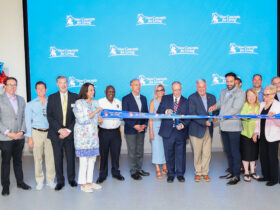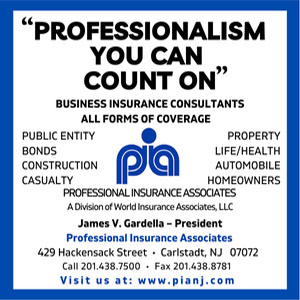Earlier this week, the Democratic-controlled House of Representatives voted 231-199 to pass the Raise the Wage Act, which would raise the federal minimum wage from $7.25 to $15, gradually through 2025. The bill would also remove the stipulation that set tipped worker’s minimum wage at $2.13, where it has sat for the last 30 years.
The federal minimum wage has not been increased since 2009, marking the longest such period since Congress established minimum wage in 1938. An increase is overdue, as inflation has eroded the buying power of minimum wage over the last decade. Although the Republican majority Senate is unlikely to pass the Raise the Wage Act, minimum wage will undoubtedly be a hot topic during the upcoming presidential election.
While everyone is focused on how raising the minimum wage will impact workers, it’s also important to look at how this will impact the businesses paying these workers. According to estimates from the Congressional Budget Office, raising the minimum wage to $15 would raise the wages of 17 million workers, but could cost 1.3 million jobs. Normally, a minimum wage increase affects businesses with low wage employees such as restaurants, hotels and others in the hospitality industry. However, with a proposed 107% increase other industries would also be affected, although not to the degree it would affect the hospitality industry.
Seattle was the first city in America to raise the minimum wage up to $15. The Urban Affairs Forum recently completed a study to determine employer responses to the increase. According to their findings, “About half of all employers reported raising prices to offset increased labor costs. We find that price increases were far more likely to occur in the food and accommodation sector than other types of industry sectors. Fewer than one in four employers reported reducing their workforces through cuts in hours or headcount. Franchises were more likely than non-franchises to report workforce reductions, perhaps because they have less price-setting ability than independent businesses. Together, price and employment changes account for a large proportion of the reported adjustments.”
Business owners will find a way to mitigate the effects that come with the hike in minimum wage. Whether it’s scheduling fewer hours for employees, firing one or even multiple employees, or raising the prices of their goods or services most businesses should be able to absorb the financial hit that would come with increasing the minimum wage.
An increase in minimum wage wouldn’t be only bad news for businesses. When the minimum wage is increased it tends to put more money in the hands of people that have a need to spend it. This would put more money into the economy, which would benefit all industries.
In all likelihood, business owners won’t need to worry about this issue for a few years, or at least not until after the 2020 presidential election. That being said, a 107% increase in minimum wage should be a cause for concern among small business owners, but not one they cannot overcome.













